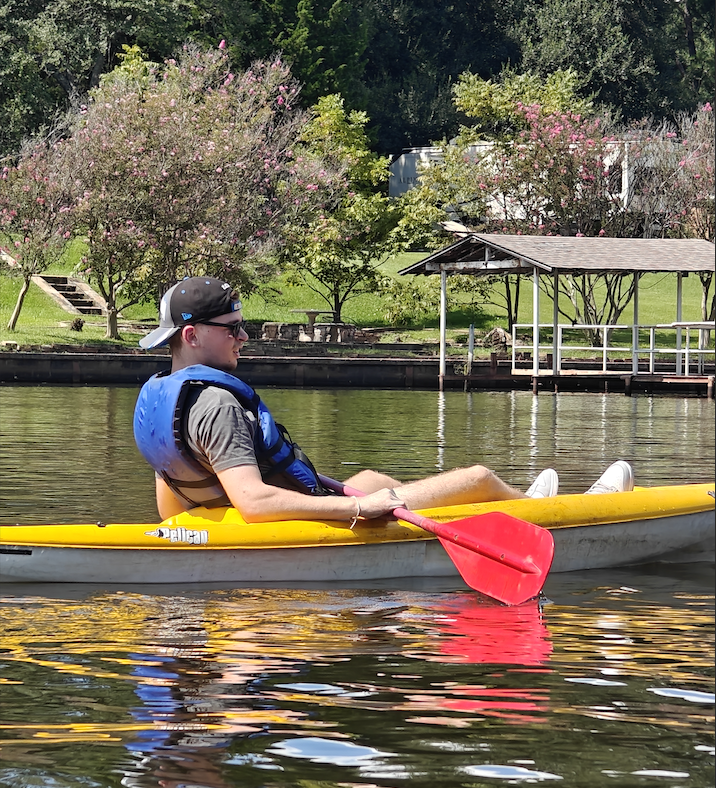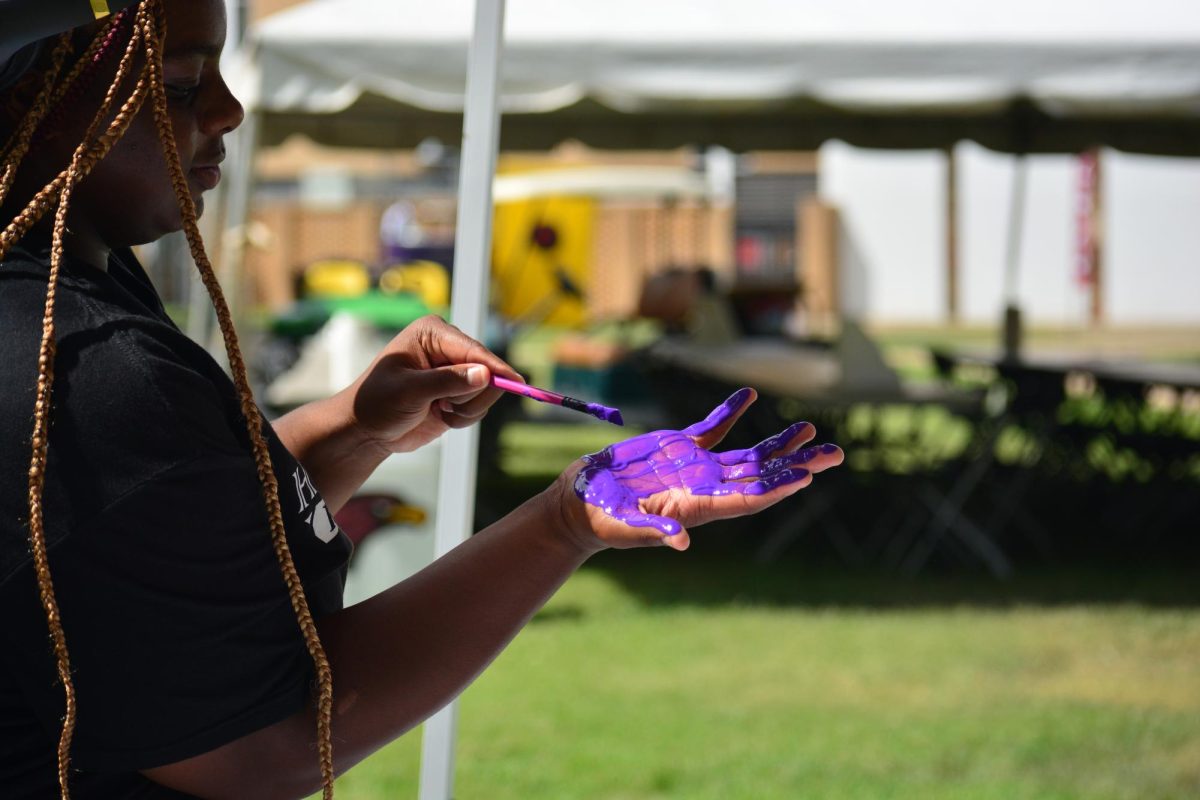ULM’s dental hygiene program equips students with the knowledge necessary to become licensed oral health professionals.
The practice of dental hygiene includes prevention and treatment of conditions as well as maintenance of overall oral health. They hold a number of roles in both private and public health care such as clinician, patient advocate, receptionist, researcher and more.
The program includes a pre-professional component and professional component, as do several other health science programs at ULM. ULM is one of two universities in the state that offer this bachelor degree.
ULM offers an online degree completion program for hygienists with an associate degree to work toward a bachelor degree.
Melinda Green, a sophomore pre-dental hygiene major, said she chose the major to be a part of the process of “improving someone’s smile.”
T h o u g h Green has not applied for the p r o f e s s i o n a l program yet, she said she has enjoyed her classes so far.
Green said she advises students considering the major to look over the curriculum to ensure they have both the interest and aptitude for it.
“It contains a lot of math and sciences, and it requires a level of objectivity in dealing with patients,” Green said.
Sharon Chaney, the director of the dental hygiene program, said applying for acceptance into the professional program is competitive.
Around 80 students apply for approximately 30 spots in the professional program, according to Chaney. She said students should maintain good grades and excel in science courses.
Kelsey Melancon, a senior dental hygiene major, said professional programs have expectations of students to have “exceptional grades” and to dress and to act in a professional manner.
“It allows you to set new goals for yourself and work hard to achieve them,” Melancon said.
Melancon said dental hygiene is “one of the hardest programs to be accepted in at ULM” with less than half of applicants accepted into the program.
Pre-professional majors usually apply as sophomores at the beginning of the spring semester with applications due around late February or early March.
If a student qualifies with the required GPA and number of study hours (20 in science courses and 40 overall) and meets additional requirements, he or she might receive an interview.
If accepted into the program, professional students have the chance to see actual patients in the spring semester of their junior year. Dental hygiene students learn “all of how an office works.”
Most seniors in the program opt to take their national board examinations. They must also pass regional and state board examinations to be licensed to practice.
Learning experiences for dental hygiene students include rotations to local and regional satellite clinics. This includes the campus clinic, local dental offices, the Ouachita Parish Health Clinic, Riser School Bash Health Clinic, the VA Hospital in Shreveport and the program’s Mobile Dental Hygiene Unit acquired in 2010 from a federal grant.
At Riser School’s clinic, children in need receive cleanings, fluoride treatments, sealants and health education.
Examples of other opportunities to help the community are the “Give Kids A Smile” program where students and professionals team up to offer free services to children and families in need and a specialized community course.
“Community outreach is a big part of what we do here,” Chaney said.
campus clinic in Caldwell Hall.
“They get an opportunity to see a wide range of patients,” Chaney said.





